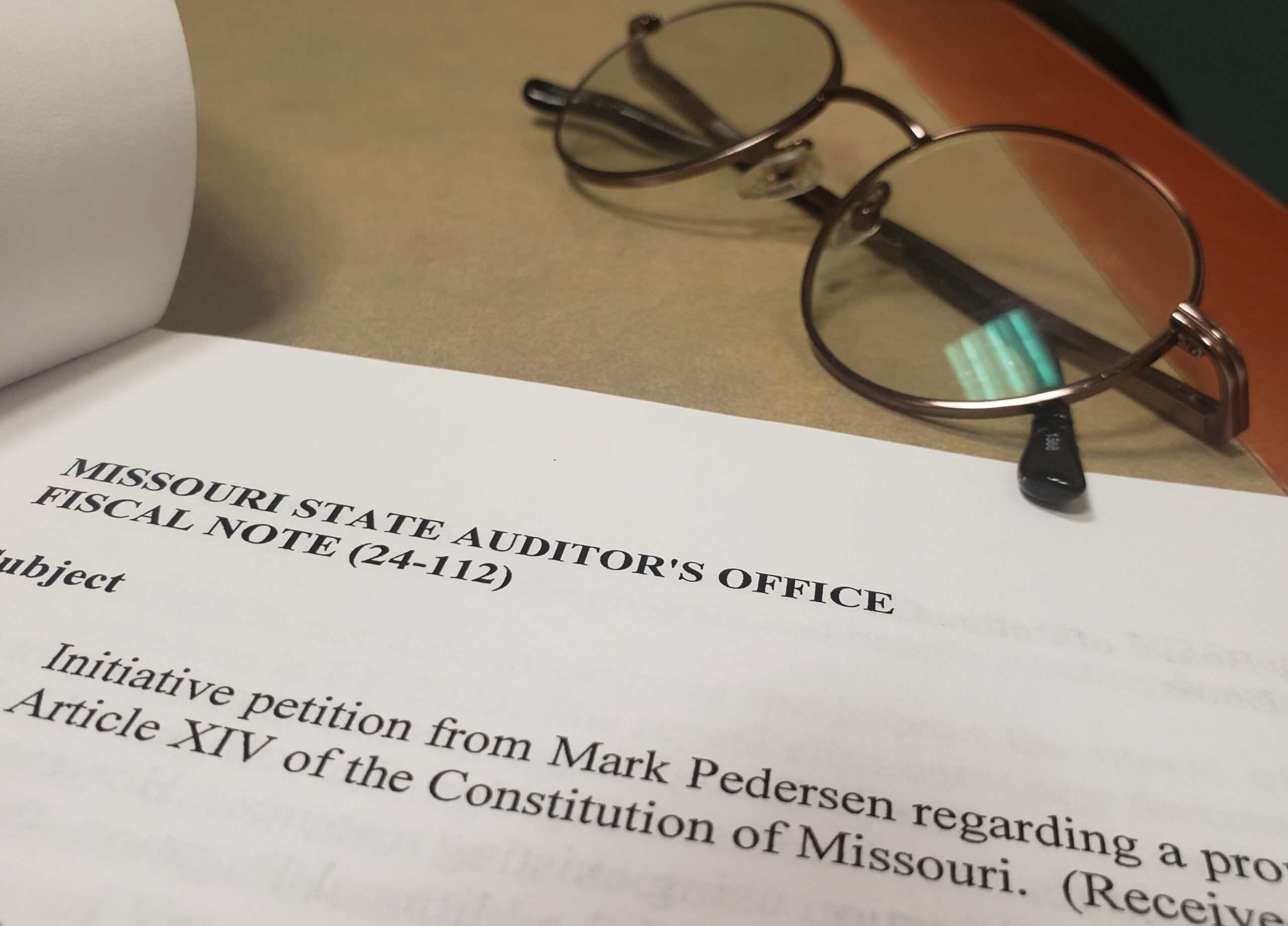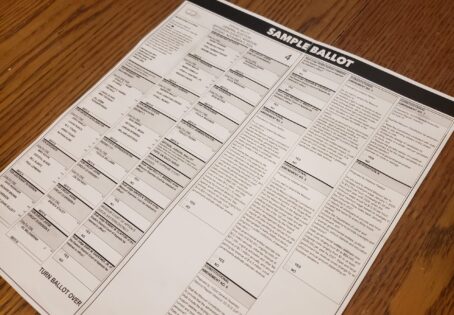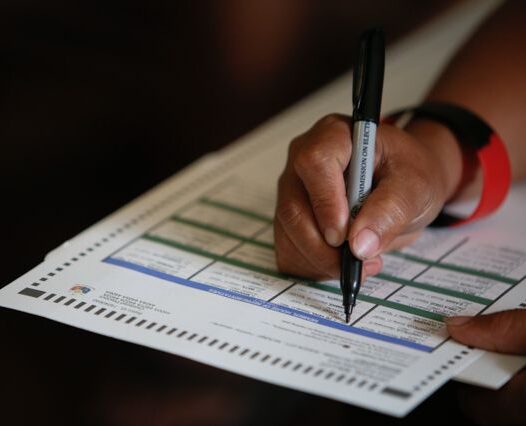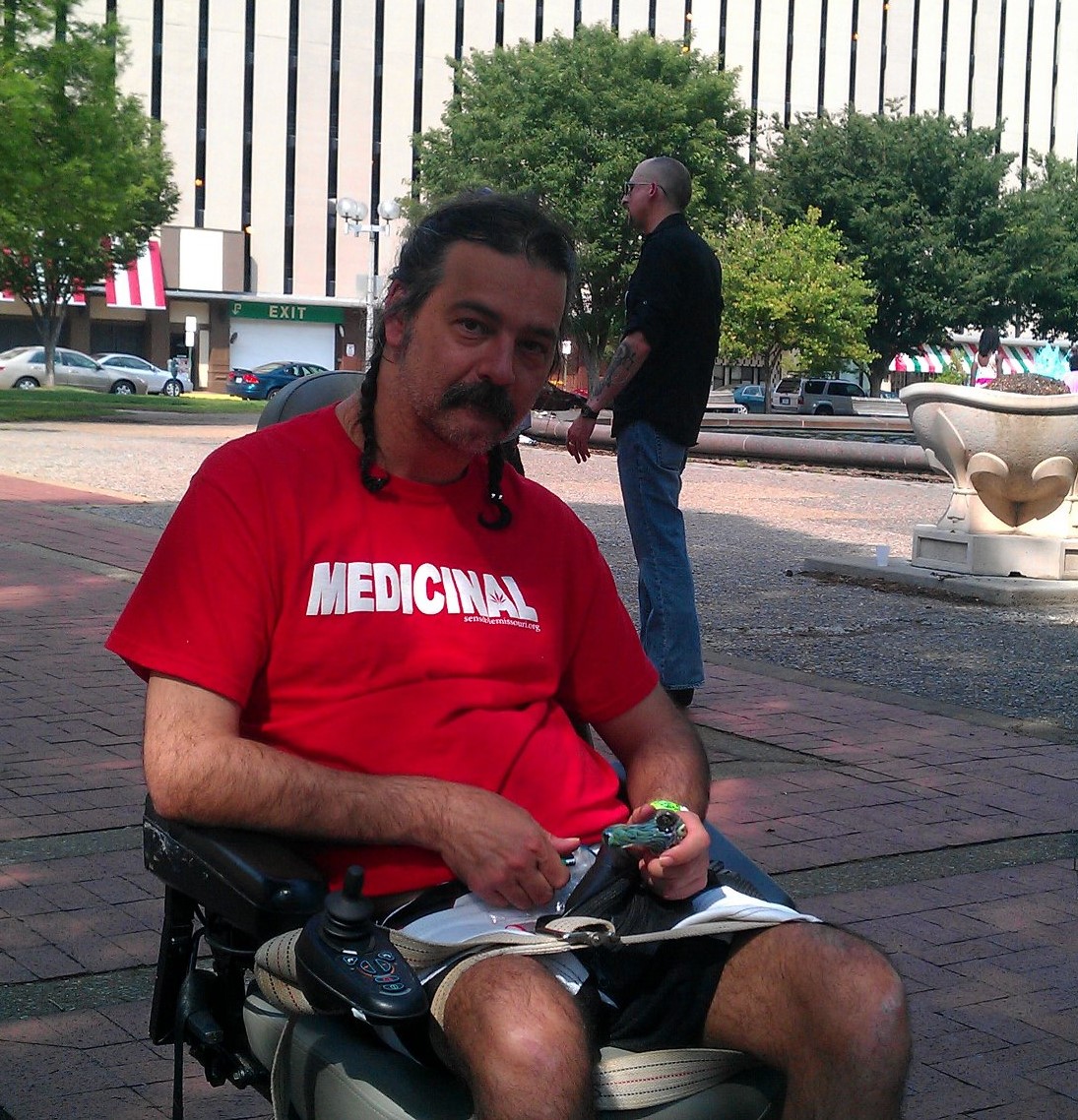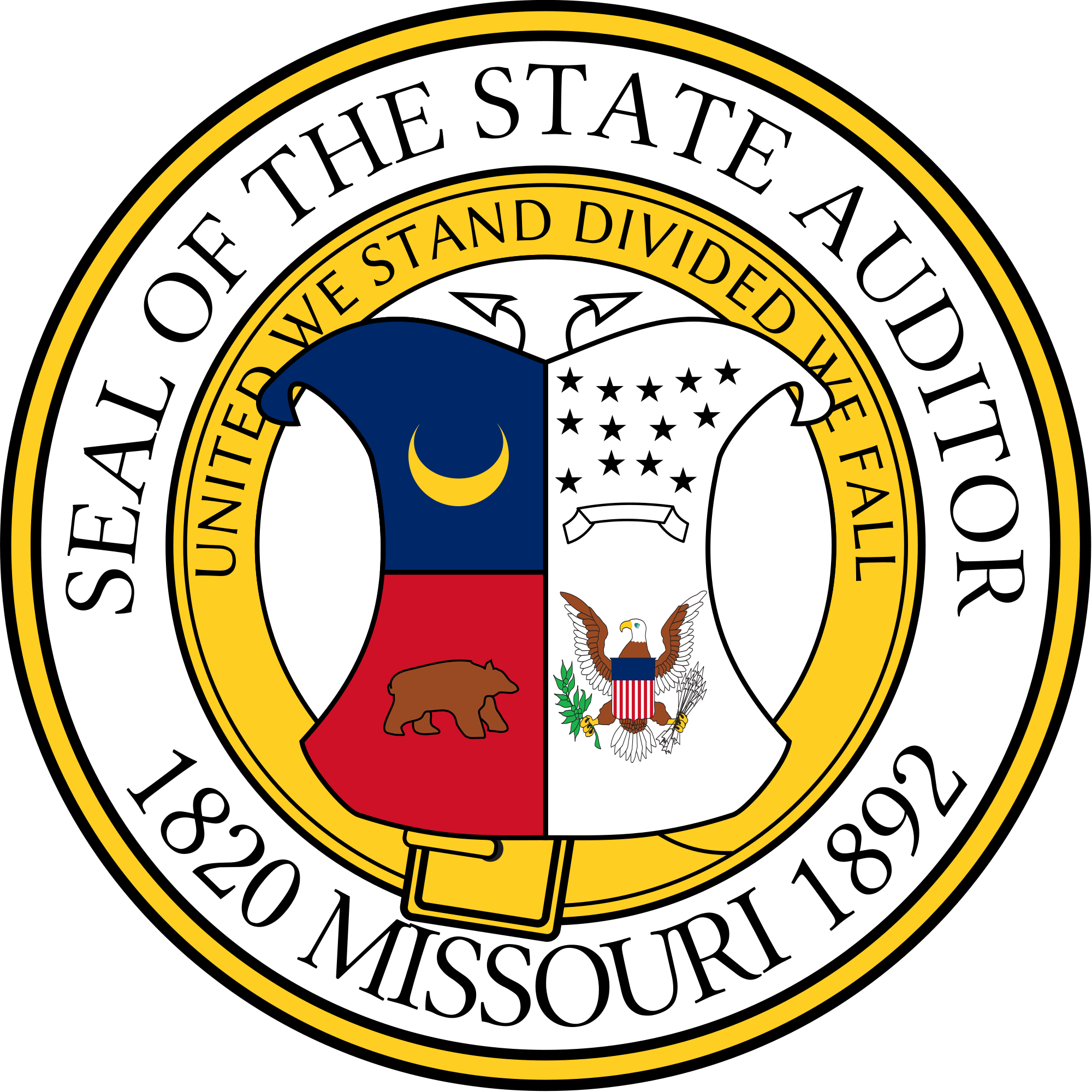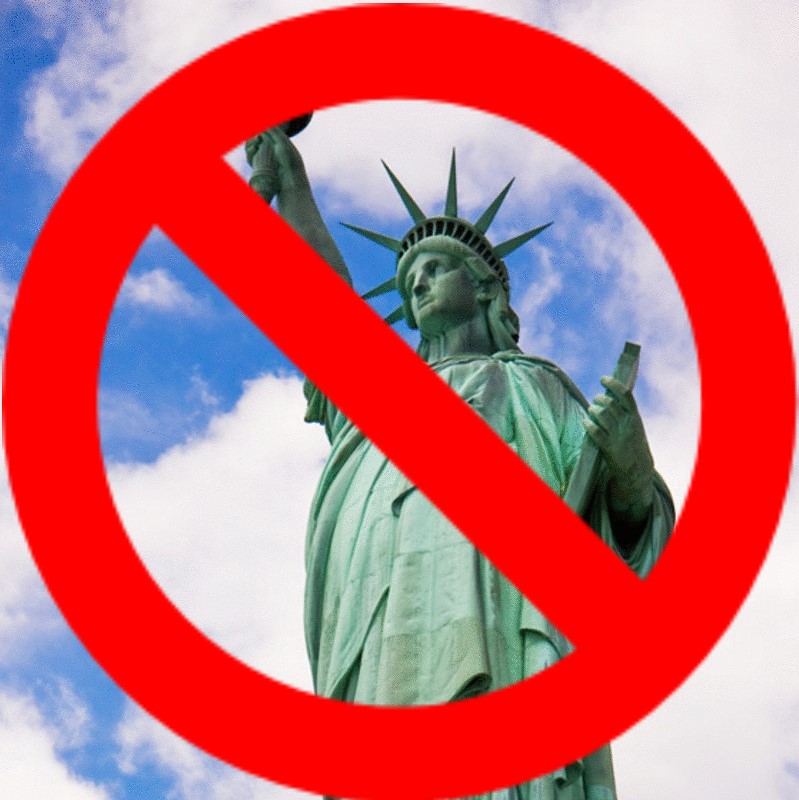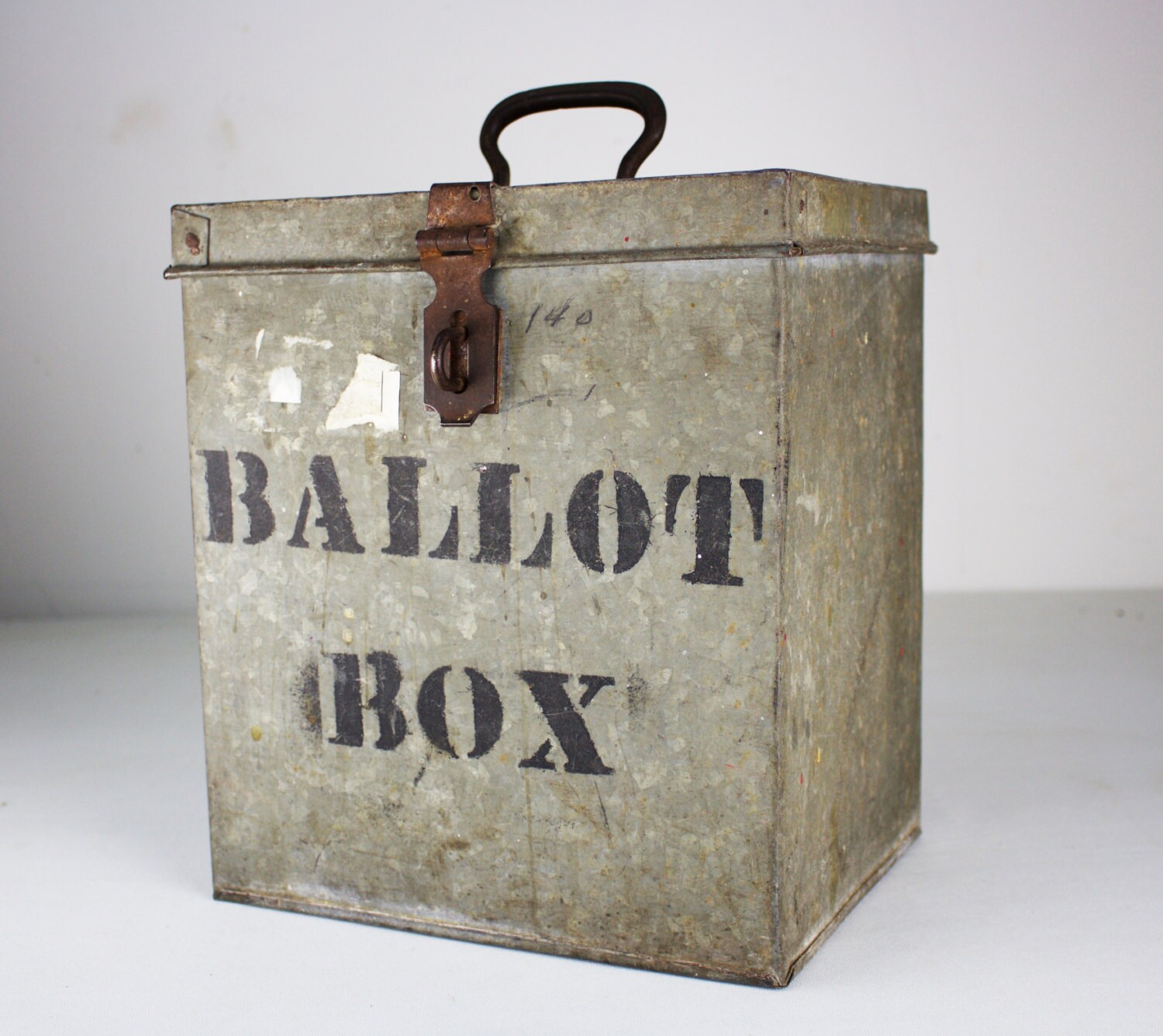The “ballot Title” (or “Summary”) is the brief description found on the General Ballot before each question. It’s drafted EXCLUSIVELY by the Secretary of State’s Office (not the author of the initiative), with recommendations from the Attorney General and the State Auditor. A statewide audit of the initiative that solicits virtually every city and county, public agency and department – is also conducted and referenced during their determination process. Not all who are contacted through the audit sound in, but many do.
Most of those who vote during a general election don’t research the ballot questions, or even the candidates prior to an election – beyond the signs and handouts they encounter at the polling place. The ballot Title (or summary) is almost always taken by voters as a reasonable description of the ballot question.
Now, understand, of course, that the writing of the “ballot question” is SUPPOSED(?) to be neutral.
Unfortunately, when we address an issue in very few words, whether intentionally or not, the definition can become skewed to the point that it varies considerably from the author’s original meaning. Appending the state Constitution affects all who reside in the state it governs. It is vital that the summary is accurate and efficiently describes the amendment that it represents.
The purpose behind the initiative process is to give “the people” the right to self-govern, if the majority should so choose. That is why the process requires a majority of signatures from all across the state before placing an issue (a potential law) on the General Ballot. But if the description on the ballot is accidently or deliberately deceptive, what value is the election?
Here’s MY problem. This past June, “Cannabis Restoration” was once again approved for gathering signatures. Though not required, I provided my suggestion for the Summary:
The purpose of this initiative is to truly make Cannabis as legal as any other nontoxic food by:
- Legalizing Cannabis,
- removing Cannabis from Missouri’s Controlled Substance List,
- minimizing government oversight,
- promoting sound education,
- reinforcing personal responsibility, and
- returning authority to educate & direct our children back to Missouri parents.
And this is the SOS’s interpretation:
Do you want to amend the Missouri Constitution to:
- remove marijuana from the list of controlled substances and consider it a food not a drug;
- remove all marijuana government oversight and regulations;
- remove special taxes and reporting on all marijuana consumption, purchases or sales;
- eliminate special zoning requirements for marijuana farmers, manufacturers, processors and distributors;
- eliminate restrictions on all commercial marijuana regulations and oversight;
- allow for personal marijuana cultivation for family, friends or neighbors to grow and share;
- eliminate any restriction on where marijuana can be consumed; and
- eliminate the age requirements for marijuana usage?
That all sounds fine to me… actually I’m considerably impressed, particularly after some of the summaries
they have produced for my past initiatives. But then they added this part at the end:
State governmental entities estimate one-time costs of $260 million and annual lost revenue of at
least $277.3 million. Businesses could annually pay an additional $1 billion in federal unemployment
taxes causing an unknown negative impact on the state’s economy. Local governments are
estimated to have annual lost revenue of at least $40.9 million.
Now its understood that part of this process is determining just how much this amendment will cost taxpayers. That would only be fair, particularly if this amendment was funding a service of some kind. People need to be paid, right? But these totals are almost exclusively Federal grants; grants that lawmakers, at least in part, created to ensure a level of prohibition favorable for their (or their constituent(s) ) ends – without consideration for how it would affect those beyond their rather narrow viewpoint. Its apparent that the Powers-that-be would rather see things remain “status quo” as long as possible. And, as we have come to expect from our government, any projected sum of expense is bound to be fanatically high to discourage change, no matter how outlandish.
But, honestly, there’s no getting around it. The loss of Federal Grants is indeed possible. Of course, to say it’s unlikely is far closer to reality.
ASSUME, COULD, IF, MAY, CAN, POSSIBLY
These are words that we hear a great deal in American government. Our elect and their minions like to substitute them for words like “is” and “are”, particularly when they are dealing with an issue that has greater basis in hearsay than in truth. Actually, to understand how they came to the numbers that they did, you really need to reflect on the Statewide Audit. I’m hoping to provide it on my website soon in its entirety. I’m sure many of you will find it an interesting read.
The SOS’s contrived numbers ASSUME that Federal grants COULD be lost through a retaliatory measure IF my initiative were to pass. Being that Congress is on the verge of removing Cannabis from the Federal Controlled Substance List via the much heralded (but troubling) “MORE Act“, that would be extremely doubtful. The fact is, even though they have threatened (and lawmakers have indeed insinuated that they have) , no state has EVER lost Federal grant money for appending their Cannabis policy or eliminating its penalties – TO DATE. I HAVE RESEARCHED IT. And yet, a state run, government agency tasked with truthfully protecting the people of the state can insert lines like this – a veritable underhanded threat – into a legal document. No doubt, they were certain of the response they would get.
But really… where did they get their numbers?
Missouri’s State Auditor is Scott Fitzpatrick (Toll-free: 800-347-8597). Let’s take a look at the “Fiscal Note” that he put together (Understand, these notes are under the heading “Assumptions”):
Attorney General’s Office
“…if the enactment of this proposal were to result in substantial additional litigation, (our) office may be required to request additional appropriations.”
Department of Agriculture
“…no fiscal impact.”
Department of Economic Development
“…no fiscal impact to their department.”
Department of Elementary and Secondary Education
“…no fiscal impact to their agency.”
Department of Higher Education and Workforce Development
“…no impact to their department.”
Department of Health and Senior Services
“…increase food safety inspection if cannabis is considered a food… Federal grants would be in jeopardy if this initiative petition were to be passed amending cannabis from a controlled substance to be considered a food.”
Department of Commerce and Insurance
“…no anticipated cost or savings to their department.”
Department of Mental Health
“… the exact fiscal impact is unknown but COULD be significant.”
Department of Natural Resources
“… would not anticipate a direct fiscal impact from this proposal.”
Department of Corrections
“… MAY cause an increase in workload for Institutional Records Office Staff, as it expands the list of offenses for which an individual can request expungement. Expunging these records through destruction, redacting or removal (electronic) will result in an increase in workload for their Institutional Records Officers, as they are the custodian of records for their offender files. This COULD also affect records kept at Probation and Parole Offices. While it represents an increase in workload, it is not anticipated that petitions for expungement will occur often enough to significantly impact the Department of Corrections. While their department assumes a $0 impact, the use of expungement by offenders is unknown. There is some concern for tracking previous medical, mental health, substance use treatment and education records should the offender return to supervision by their department. IF there should be a significant number of additional requests for expungement, it COULD result in additional costs to their department.” (In other words, AMENDMENT 3 DID NOT COMPLETELY EXPUNGE CANNABIS ARRESTS AND PROSECUTIONS – THAT WAS A SCAM TO CLAIM THAT IT DID)
Department of Labor and Industrial Relations (DOLIR)
“Permitting marijuana use, regardless of prescription and state law, would jeopardize federal funding and would not conform to federal standards. …Employers COULD lose a Federal Unemployment Tax Act credit. …COULD lose federal funding for Missouri’s UI program ($50.3 million). …COULD lose federal funding for the Department of Higher Education and Workforce Development’s Wagner-Peyser reemployment services ($11.3 million). … IF found not in compliant with FUTA, employers would(?) lose a 6.0% credit, ($1.034 billion). The Division of Employment Security (DES) admits that it “has no way of knowing what rules or regulations may be promulgated by any federal agency”…tax credits will be AT RISK.”
Article XIV Section 1 (current Cannabis law)
“…8.225% taxes on all cannabis purchased WOULD be lost” because “This proposed amendment WOULD repeal the current medical & recreational cannabis laws and replaces it with a statement that cannabis is legal and will be considered a food under Missouri law. This proposal says that medical marijuana will not be subject to any taxation. Therefore, under this proposal the entire 8.225 state tax and 4.07% local tax will no longer be collected on medical cannabis.” (That’s right, even the taxes imposed by Amendment 3 ON MISSOURI TAX PAYERS are counted as a loss.)
Medical Cannabis tax collected under current law
“Current law allows the DOR to retain up to 2% of the medical cannabis tax collected (though they only retain 1%). Repealing the tax would also result in a loss of that retained fee. (Currently, Missouri collects taxes for medical sales. If you didn’t know that, you haven’t been reading what you have been voting for!)
Forms MO-A and mo-1120
Changes to Forms MO-A and MO-1120… COULD result in some computer programming changes and form changes estimated at $7,193 IN ONE-TIME COSTS.”
Local taxes
“143 local political subdivisions have passed a law to collect 3% tax (on recreational cannabis) starting October 1, 2023. (Local taxes are also tallied as a loss, thanks to the authors of “Amendment 3”.)
Missouri Highway Patrol
“No one shall be denied employment solely based on their use of Cannabis.” The Highway Patrol used this line from my initiative to extrapolate that, they, as an employer, COULD lose Federal grant money by not being “a drug-free workplace”. They sight specifically that their, “… Crime Laboratory would lose over one million in federal funds each year IF it cannot maintain a drug-free workplace.”
Strangely, the spokesperson for the Missouri Highway Patrol goes on to say that the Federal Government oversees criminal background checks for firearms and… I guess… this spokesperson thinks that would be denied out of spite?
“Asset and/or Civil Forfeiture shall no longer be used in the state of Missouri in association with Cannabis, Cannabis cultivation, it’s use, possession…” would decrease funds to the Patrol that are received through sharing agreements with task force partnerships with other agencies, which always present the potential to involve enforcement actions where cannabis is part of the criminal conduct.” (Civil Forfeiture involves the seizing of YOUR personal assets, without the need for you to be guilty or even being charged with a crime. The Missouri Highway Patrol believes that if you take that right away from them, they will suffer financial loss. And they would. CIVIL ASSET FORFEITURE IS A $13 BILLION WINDFALL FOR LAW ENFORCEMENT EVERY YEAR! YOUR MONEY!)
Regarding Records Expungement
The Missouri Highway Patrol’s Central Repository is Missouri’s central repository for criminal records. They estimate that they have well over 80,000 marijuana-related offense records within their Traffic Arrrest System (TAS) alone. Again,
Amendment 3 DID NOT EXPUNGE your criminal records!
The Missouri Highway Patrol goes on, defending their reasoning for why they think Missouri CANNOT LEGALIZE CANNABIS by saying that “Subsection (b): ‘No Missouri law enforcement personnel or state funds shall be used to assist or aid in enforcement of Federal Cannabis laws…’ endangers the Patrol’s relationship with other entities in that it regularly participates in multi-jurisdictional task forces which can involve federal enforcement actions related to cannabis“.
It is quite apparent that the Missouri Highway Patrol’s spokesperson does not have a clear handle on the definition of “LEGAL”. AND that, these comments further illuminate the fact that Missouri’s Amendment 3 DID NOT legalize Cannabis – at least not beyond the fertile imaginations of Missouri’s “POT” activists and consumers.
After careful analysis of the Missouri Highway Patrol’s response, its become painfully obvious that their spokesperson made little effort in actually reading my initiative. I have found a NUMBER of incidents where their spokesperson misquoted the text or felt the need to interject medical and/or moral suppositions without the apparent credentials to do so.
Missouri Department of the National Guard
“…no fiscal impact to their department.”
Department of Social Services
“…no fiscal impact to their department as a result of this petition.”
Officials from the Governor’s office
“…this proposal relating to cannabis does not financially impact their office.”
Officials from the House of Representatives
“…no fiscal impact.”
Department of Conservation
“…no fiscal impact on their department.”
Department of Transportation
“As long as marijuana/cannabis appears on the Federal Schedule I list of controlled substances, Missouri must adhere to Title 49 CFR Pars 391 and 392.” (Again we see a department spokesperson making statements apparently beyond their personal knowledge base. To hinge the loss of $10,468,288 of Federal grants on Cannabis being listed as a Schedule I on the Federal Controlled Substance list, particularly when it could be removed literally any day Federally…. well, its divisive, to say the least. Its apparent that politics now taints every department in our state.)
Office of Administration
“…this proposal relating to cannabis does not financially impact their department.”
Office of State Courts Administrator
They calculate my initiative will cost their department up to $12,608,484 “…based on the definition of the word ‘record’. (They give no explanation for their statement.)
Missouri Senate
“… anticipate no fiscal impact.”
Secretary of State’s office
This office rather quizzically describes in detail the cost for a special election, I’m guessing because my initiative replaces much of the mess that Amendment 3 crammed into our state Constitution. That total comes to $10 million for a Referendum. Of course, this office has not recognized the fact that a Referendum REPEALS, but this initiative REPLACES.
Office of the State Public Defender
“… indicates a potential loss of 1.2 million from recreational marijuana tax for the provision of legal services to indigent persons.” (Because Cannabis consumers SPECIFICALLY should be responsible for legal services for the homeless? Really??“)
State Treasurer’s office
“… no fiscal impact to their office.”
Clay County
“… no fiscal impact as a result of this initiative.”
Greene County
“… increased cost to their county due to the addititional hours required to expunge the cases that are not currently included in the marijuana cases presently being expunged…” (Again we see how Amendment 3 DID NOT expunge all of the Cannabis busts!)
St. Louis County
” …existing and conflicting Local, State and Federal Law’ on page 6 removes the 3% sales tax on all tangible personal property retail sales of adult use marijuana sold in their county, the fiscal impact is estimated to be at least $3 million.” (Again we see a savings to the tax payer being considered a LOSS!)
City of Kansas City
“… COULD have a negative fiscal impact on their city as a result of lost tax revenue.” (Tax savings for the tax payer tallied as a LOSS!)
Metropolitan Community College
“…no fiscal impact to their college.”
University of Central Missouri
“…should not create expenses in excess of $100,000.” (No explanation for ANY clear expense to the university was given, but, NO DOUBT, it was added in.)
Missouri Veterans Commission
“Annually, MVC receives between $59 million and $75 million in per diem payments through the VA State Veterans Homes Per Diem Grant Program. If MVC does not comply with Federal regulations, which currently require us to maintain a drug-free workplace, MVC WOULD(?) lose all of its Federal funding…” (They even go back as far as 20 years to claim that they may have to pay back as much as $260 million. Isn’t it amazing how so much Federal grant money is used to control state law? I find it particularly interesting how Veterans are being used in an attempt to keep the Cannabis industry in check and to make Cannabis consumers pay for the harm our military has committed on our Veterans.)
Kansas City Board of Police Commissioners
“…no estimated cost or savings that is affected by this initiative.”
Flaky, Skewed Research
The Audit references an April 2022 Gallup poll in determining adult use. Because of it, they determined that 16% of the nation’s adults smoke or use cannabis regularly. With the US Census Bureau indicating that there are 4,794,095 adults over the age of 18 in Missouri, they extrapolated that there were ONLY 767,055 people regularly using Cannabis in Missouri.
Of course this number is ridiculously low since there is no way of determining how many in the country consume Cannabis, or in Missouri, for that matter, since
most who consume Cannabis do so covertly,
without registering with state Cannabis programs.
It seems to be a pattern that permeates the Audit – one extrapolation built upon another – penalties included without ANY evidence that they are valid, particularly in lieu of current political changes. Since the State Auditor based his calculations on these ridiculous numbers, ALL of his numbers should be considered suspect.
Early on in my writing initiatives, I spoke of the harm in producing divisive / inferior / incomplete Cannabis reform policy and how every year, with each lack-luster attempt to correct it, it becomes increasingly more difficult to make the next step toward REAL legalization. The reason is because each change to our law creates commerce at that level that cannot exist at a greater level of freedom. So in effect, those businesses and employers who were originally FOR REAL legalization, now stand to lose their livelihood with any greater freedom, and so in turn, become adversaries to any new change.
We see a good example of this with how the Amendment 3 writers used financial benefits for Veterans in the form of an excise tax. It was just a “carrot” to coax support for their divisive bill, but look how quickly the Veterans Administration claimed they can’t live with out it!
In a 2012 article from the ACLU’s website (Hundreds of Economists: Marijuana Prohibition Costs Billions, Legalization has not anticipated that petitions Would Earn Billions), Managing Editor, Rebecca McCray quotes Harvard economist Jeffrey Miron’s prediction that “legalizing marijuana would save $7.7 billion per year in government expenditure on enforcement, in addition to generating $2.4 billion annually if taxed like most consumer goods”.
The Secretary of State’s Office could just as easily have quoted the ACLU, and in fact, been much more accurate, but of course, that wouldn’t solicit the reaction they were looking for.
I hope to be doing a “line-by-line” description of my latest “Cannabis Restoration” soon, in which I will be discussing things like Missouri’s adult use bill and it’s bogus “records expungement”. And, how doing it the RIGHT WAY comes with a price tag – because “Amendment 3” DIDN’T DO IT THE RIGHT WAY.
The fact is, REAL legalization comes with a HEFTY PRICETAG. There’s no getting around it. Opportunistic politicians and divisive “pot” activists have schemed for decades to ensure that Cannabis would always be a tool for the corrupt at the literal expense of the consumer. Be assured that those who have been profiting for years from prohibition will always make a loud noise when we try to free ourselves from their tyranny, but to give into their extortion only perpetuates their greed upon future generations and cripples an industry that could spell great lasting prosperity for our state.
Where do I go from here? Other state advocacy orgs have sued their state when the Ballot Title (Summary) for their initiative was written poorly or deceptively. But of course, “THEY” had deep pockets. I, unfortunately, do not. So I keep writing – hoping I will reach those who, not only have deep pockets, but also possess a desire to make our state and our nation a better, safer and more tolerant place.
Clarity and simplicity come with truth. Isn’t that what Missouri’s citizenry really want? You know, REAL Cannabis legalization is still far from a reality in our state. It’s hard to build on a shaky foundation. There’s still much that needs to be done before we can truly appreciate a viable Cannabis industry and REAL safety and security for the Cannabis Consumer. It is unfortunate but the Initiative Process remains the only real path to accomplishing this goal. Our state elect have proven time and time again that they have little concern for Cannabis consumers – only for the wealth that they can glean from dispensary sales. The Federal Government WON’T do it, either. Their involvement will only bring more government oversight and yet more excise taxes (VOTE NO ON THE MORE ACT). The fact that only 16 states can do a Direct Initiative means that its up to us – and really, only us – to bring REAL legalization, not only to Missouri, but also the nation.
“Cannabis is nontoxic. Cannabis is food. Cannabis is the single most important medicine of the 21st century.”

